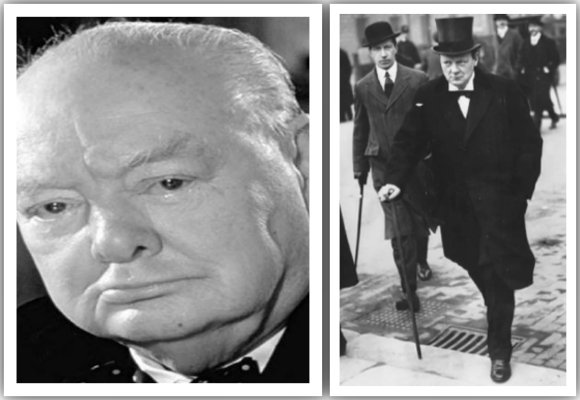Elements Of Persuasive Speech: What We Can Learn From Winston Churchill
Sir Winston Churchill, Nobel Laureate, and regarded as one of the greatest leaders of the 20th century ever to have led a nation during wartime. Apart from being known as one of the greatest leaders, Sir Winston Churchill was known to be an eloquent orator, even having won the Nobel Prize in Literature in 1953.
His numerous speeches have become world famous to the extent of even being studied in literature schools! During those trying times, one must understand that his various speeches were the only thing that brought hope for millions of people staring in to the face of adversity. So, to become a master orator one must dissect elements from Churchill’s numerous speeches to get an understanding of the various techniques he utilized to become a consummate speaker and writer.

Public speaking, as opposed to the old school of thought, is an acquired art form. Winston Churchill wasn’t born the orator that he became. In fact, he spoke with a lisp but years of practice and perfection made him an eloquent speaker. So here are some elements of persuasive speech we can learn from Winston Churchill’s famous speeches and quotes
- Short and Crisp Sentences: If you look at any of Churchill’s famous speeches, he always used short and crisp sentences which helped get the point across immediately and effectively to the respective audience. Using concise, short and blunt sentences might seem off putting but put in an eloquent style, they have a powerful impact on the listeners.
- Rhetoric: Churchill was the master of Rhetoric and in all of his famous speeches he asked rhetorical questions. What asking rhetorical questions actually does is that it gets your audience involved in the speech and gives them a feeling of actually being in a one on one conversation with you.
- Repetition: One of the key elements of Churchill’s speech was repetition. Repetition used in a rhythmic and an ardent way can set the mood for your audience and helps to reinforce the point being made in the speech. His most famous speech “We Shall Fight on the Beaches” makes excellent use of repetition in a rhythmic way.
A great persuasive speech should contain and utilize all these elements and moreover should be spoken in a grand way to paint a vivid and a mental picture in minds of the audience, so that through your speech they can be transported in to the realm of your mind and get an exact picture of what you intended them to see and visualize with your speech.
For more information on types of Rhetorical Devices and Rhetorical questions, you can refer to Ethos, Pathos and Logos or download a free Rhetorical triangle PowerPoint template with the Ethos Pathos and Logos concept.
